Final evaluation of the ‘5G Smart School’ project for innovative teaching in Italian schools
Title 5G Smart School
Location Italia (Roma, Milano, Torino)
Duration 2021-2023
Lead Partner Qualcomm Wireless Reach
Partners WeSchool, TIM, Acer
Funding Qualcomm
Context
After 2020, schools have undergone a rapid digital acceleration, but its potential is not yet fully exploited. Teachers mostly replicate old, outdated methodologies without benefiting from the potential of digitalisation. This also happens because teachers lack the necessary skills to accompany this change.
The 5G Smart School programme aims at overcoming obstacles to the adoption of wireless technologies inside and outside the classroom. These include addressing the need to create and share digital content and assessments, create new infrastructures, implement new privacy and security systems, and promote teachers’ professional development.
The programme provides teachers and students aged between 11 and 19 with new advanced digital tools and Wi Fi models. The devices provided by the project partners are connected to the 5G network, enabling ultra-reliable connections and increased opportunities for collaborative educational experiences within and between schools.
By connecting these tools to the platform created by WeSchool, teachers are given the tools to make teaching more effective and learning more engaging.
Generale Objective
The 5 G Smart School program seeks to accelerate the development of digital skills among Italian secondary school students Through an immersive smart school experience, the program will improve teaching and learning outcomes by utilizing next generation wireless technologies, 5 G connectivity, innovative teacher training on digital methodologies, and digital tools and content.
Our Contribution
The final evaluation methodology has been designed with the aim of highlighting the changes generated among the beneficiaries of the intervention, in particular teachers and students of the involved schools, to identify the observed results in terms of new competences acquired by teachers in the use of digital resources, and in applying those innovative digital methodologies during their classes.
The evaluation strategy focuses on three main aspects: the degree of relevance of the planned activities with respect to the beneficiaries’ needs and to the intervention context, their efficacy in reaching the expected results and the specific objective during the timeframe of the project, and the potential of sustainability of the gained results, evaluating the persistency of their contribution to the realisation of the general objective in the long term.
The definition of mixed evaluation methods allows the collection of qualitative and quantitative data, successively triangulated with the monitoring data provided by WeSchool.
Read more on our M&E and Impact Evaluation Unit
Related Projects
-

Monitoring Information System for project WATDEV on water management and sustainable development in East Africa
-

Research on knowledge, attitude, social norms and practice on reproductive health rights and gender-based violence in Narok county, in Kenya
-

Evaluation of the project that promotes food security and climate resilience in Mozambique
-
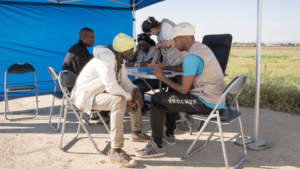
Evaluation of the project strengthening migrants’ right to health in Italy, Greece and Malta
-
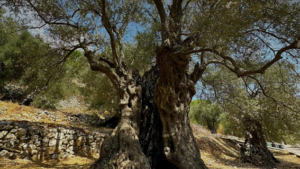
Final evaluation of the project that strengthens olive farmers’ resilience in Southern Lebanon
-

Social impact assessment of the Rapporti Corti project for socio-educational inclusion in the Navile district of Bologna
-

Evaluation of the Naseej project to stop gender-based violence in Iraq, Yemen, and Palestine
-
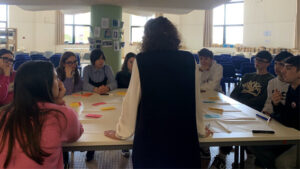
Evaluation of the project that promotes youth employment in Italy
-
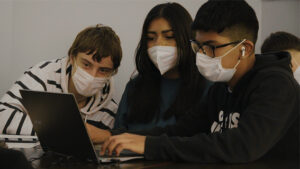
Final evaluation of the ‘5G Smart School’ project for innovative teaching in Italian schools
-
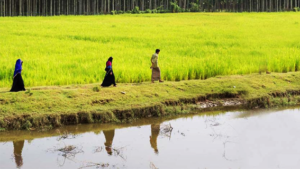
Evaluation of the project that fosters mainstreaming migration into international cooperation and development policies
-

Final evaluation of a project to contrast educational poverty in Albania
-
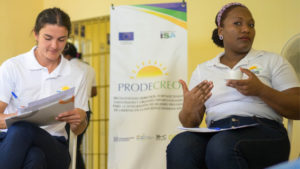
Evaluation of the project PRODECREO to promote the rights and socio-occupational reintegration of women deprived of their liberty in the Dominican Republic
-
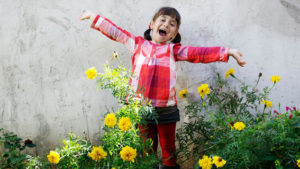
Final evaluation of the SOS Children’s Villages family strengthening project in Bosnia and Croatia
-

Evaluation of the project for the motor rehabilitation of oncological children in Turin
-
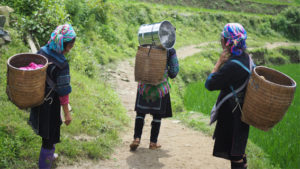
Evaluation of the project that aims to improve the health of the most vulnerable in Myanmar
-
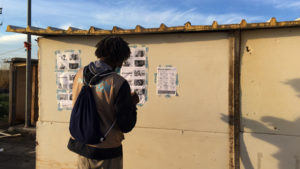
Final evaluation of the project that fosters proximity social-health services in the informal settlements of the Province of Foggia
-

Food Wave, Monitoring the project that promotes sustainable food consumption among young Europeans
-

Spazio Donna, evaluation of the projects to foster women empowerment and contrast gender-based violence
-

Evaluation of the projects “M’Interesso di Te” that tackle unaccompanied foreign minors’ integration
-
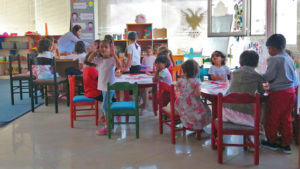
Evaluation of psycho-socio-sanitary interventions in response to the COVID-19 pandemic and the earthquake in Albania
-

Final evaluation of the Youth For Love project to raise young people’s awareness of gender-based violence
-
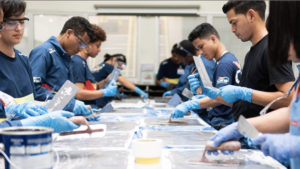
Multi-country mid-term evaluation of the YouthCan! programme, promoting the employability of vulnerable young people
-

Final evaluation of WEGO2 to support women economic empowerment contrasting intimate partner violence
-
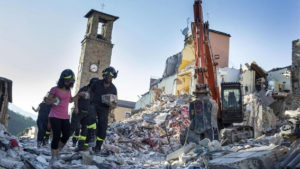
Action Research for the project Do.N.N.E against gender-based violence in Central Italy
-

Evaluation of the project “Mentors for Resilience” to contrast educational poverty
-
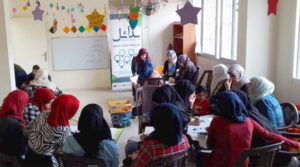
Outcome Harvesting of the project that aims to promote stability and social enterprise in Lebanon
-
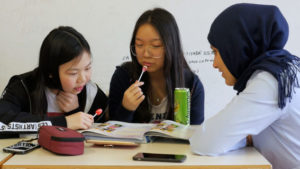
Annual evaluation and SROI of the programme “Nessuno Escluso” to contrast social exclusion and educational poverty in Tuscany
-
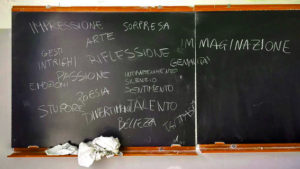
Evaluation of the project “Dreams and Needs” to contrast educational poverty in Italy
-
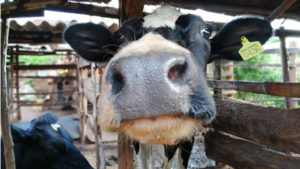
Mid-term evaluation of the project MilKy for the development of a sustainable dairy supply chain in Kenya
-

Final evaluation of Pe.R.Co.rrere: resilience of communities in Center Italy
-

Evaluation of the promotion campaign for Piave DOP cheese in Austria, Germany and Italy
-
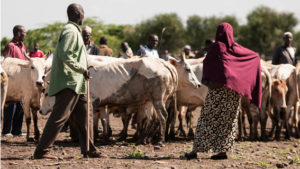
Mid-term & final evaluation of a project to strengthen resilience to climate shocks in Kenya
-
Evaluation of the promotion campaign for Italian specialities in Japan
-
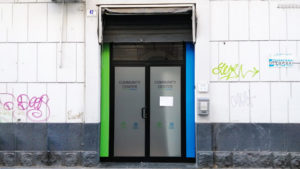
Community center, final evaluation of the social inclusion project
-
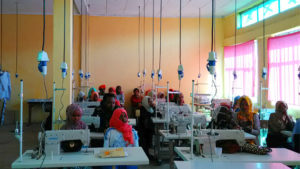
Mid-term evaluation of the project to contrast irregular migration in Ethiopia
-
Mid-term evaluation of the project for the conservation of Protected Areas in Albania
-

Social Impact Assessment of children’s protection programmes in Kyrgyzstan
-
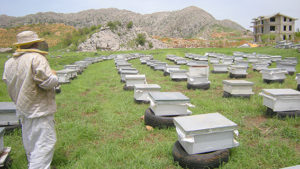
Monitoring&Evaluation of reintegration services for drug addicts and ex-addicts in Lebanon
-

SROI Analysis, Albergo Etico social performance
-
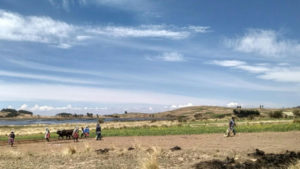
ECO.COM: strengthening local economic development in Bolivia
-

Improving the sustainability in the cherry supply chain in Bulgaria and Turkey
-
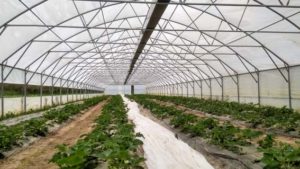
Evaluating sustainable agricultural supply chains in Bosnia Herzegovina and Albania
-
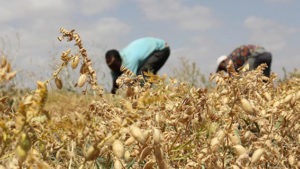
Impact evaluation of the creation of a durum wheat supply chain in Ethiopia
-
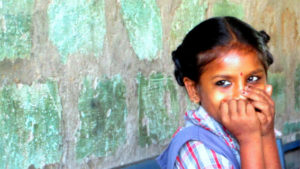
Impact evaluation of a Rehabilitation programme in India